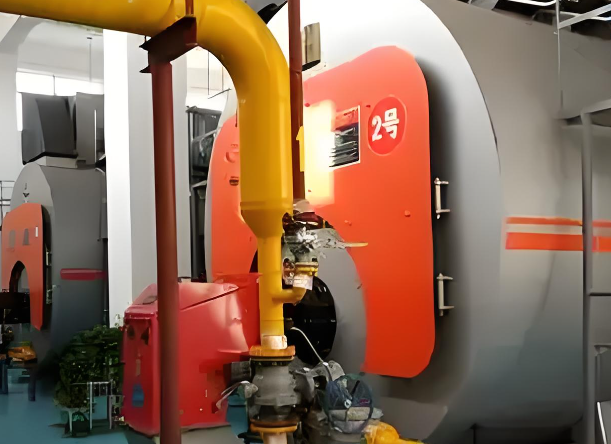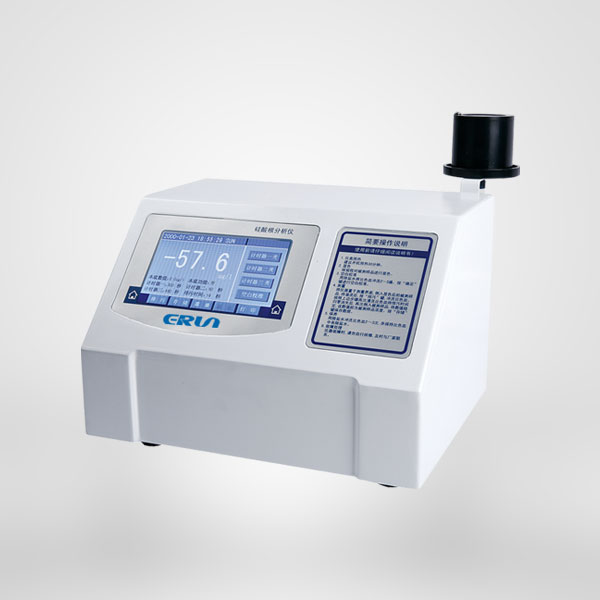Condensate is the water that is returned to the boiler after the steam cycle, and its quality has a critical impact on the safety and thermal efficiency of the boiler.In order to extend the service life of the boiler, the condensate needs to be effectively desalinated.In this paper, we will introduce in detail the water quality testing indexes of thermal power plant boiler condensate after desalination, including hydrogen conductivity (25℃), sodium, chloride ion, iron, silica, etc., and elaborate the testing standards and limit values of these indexes respectively.

1. Hydrogen Conductivity (25°C): Hydrogen conductivity is an important parameter for measuring total dissolved solids in water and reflects the total amount of ions in the water.It is essential for assessing the purity of the water, as high conductivity usually means that the water contains a high level of dissolved substances, which can lead to scaling or corrosion inside the boiler, which in turn affects equipment life and operational efficiency.
Testing standards and limits:
According to the standard GB/T 12145-2016 "Water Vapour Quality of Thermal Generating Units and Steam Power Equipment", the limit value of hydrogen conductivity varies for different types of units:
For units with supercritical and higher parameters: the hydrogen conductivity of the condensate should be less than 0.15 μS/cm (25°C).
Units with subcritical parameters: the value shall be less than 0.20 μS/cm (25°C).
2. Sodium (Na⁺): Sodium ions are one of the most important factors affecting the quality of vapour.Excessive amounts of sodium can cause the steam to carry impurities, which in turn may be deposited on the turbine blades, affecting efficiency and even causing equipment damage.
Testing standards and limits:
For units with supercritical and higher parameters: the sodium content in the condensate should be strictly controlled at less than 1μg/L.
Units with subcritical parameters: This value should be controlled to be less than 2 μg/L.
3. Chlorine Ions (Cl-): Chlorine ions are one of the main causes of corrosion in metals, especially in equipment made of stainless steel, where high concentrations of chlorine ions may cause pitting corrosion, which in severe cases can lead to equipment failure.
Testing standards and limits:
For all types of units, the chloride content of the condensate should be strictly controlled and is usually required to be less than 2 μg/L.This is because the presence of chloride ions not only accelerates corrosion, but can also lead to other chemical reactions that affect the purity of the water.
4. Iron (Fe): The presence of iron ions indicates the possibility of corrosion. Excessive iron content not only affects the purity of the water, but can also lead to the formation of deposits that can affect the efficiency of the heat exchange, or even clog pipes.
Testing standards and limits:
For units with supercritical and higher parameters: the iron content in the condensate should be controlled at less than 10 μg/L.
Units with subcritical parameters: This value should be controlled to be less than 20 μg/L.
5. Silicon Dioxide (SiO₂): Silicon dioxide precipitates out of water at high temperatures and pressures and deposits inside boilers and turbines, degrading performance and causing damage.In addition, silica deposits can increase maintenance costs and shorten equipment life.
Testing standards and limits:
For units with supercritical and higher parameters: the silica content in the condensate should be controlled to be less than 15 μg/L.
Units with subcritical parameters: This value should be controlled to be less than 20 μg/L.

Therefore, the water quality testing indexes of thermal power plant boiler condensate after desalination include hydrogen conductivity (25°C), sodium, chloride ion, iron, silica, etc.Condensate water from thermal power plants should be regularly tested and analyzed. The ERUN-ST3-H6 trace copper water quality analyzer produced by Erun Environmental Protection meets the microgram level of copper content detection in thermal power plants. In addition, there are other relevant trace water quality detectors. For detailed information, please contact customer service directly.